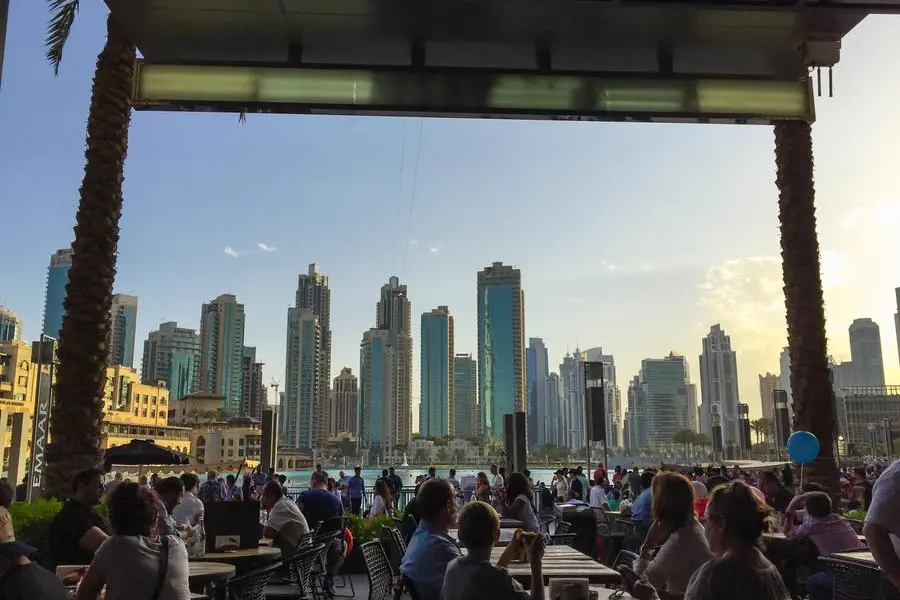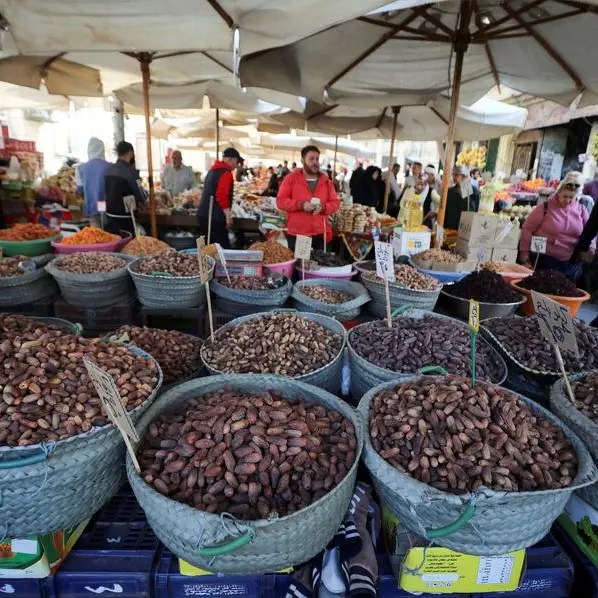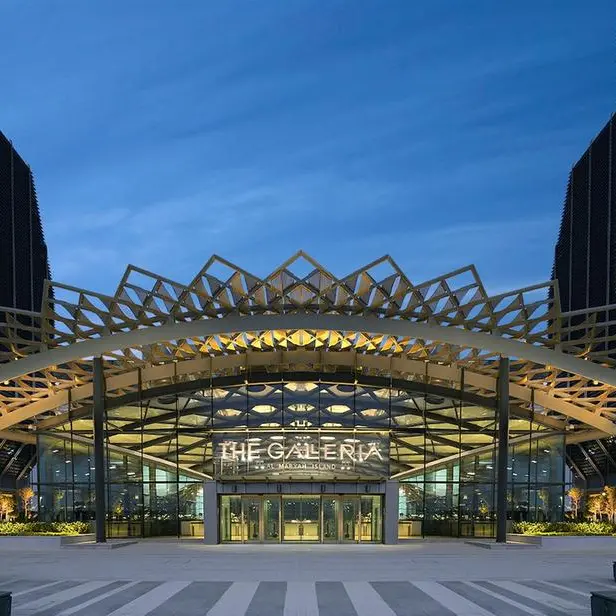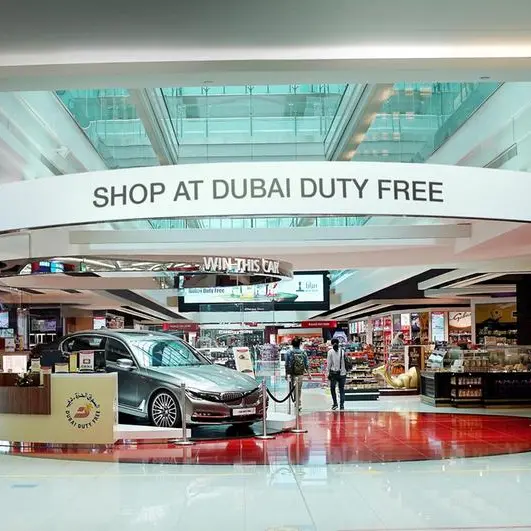PHOTO
The food services sectors of Saudi Arabia and the UAE, encompassing restaurants, catering, and cloud kitchens, have registered strong growth over the past several years.
The social changes seen in Saudi Arabia have driven an especially robust expansion, and this is likely to continue in the coming years as social norms continue to adapt and the country develops a domestic leisure tourism sector, an Emirates NBD Research report said.
An accelerated expansion in the UAE’s population coming out of the pandemic has driven similar growth in the UAE’s food services sector, and given official plans to grow the number of inhabitants further, the outlook for the coming years is positive.
Saudi Arabia
The food services sector in Saudi Arabia has already logged impressive growth over the past decade. While some of the recent expansion can be explained as reopening gains coming out of the pandemic, gains are also being driven by the social and economic changes that have taken place in the country over the past eight years or so.
The easing of social restrictions has led to a plethora of new restaurants and cafes being established around the country in a trend we expect to continue as social norms continue to adapt to the new environment, the report said.
Robust economic growth will also fuel the expansion as households have greater disposable cash with which to eat out or order in, and a growing population, with the number of both citizens and immigrant workers expanding, will also contribute to growth in the sector.
Finally, the government-led drive to rapidly expand the domestic tourism sector will fuel a further expansion.
Robust spending growth
In 2021, the Saudi Arabian General Authority for Investment predicted that consumer spending on food services would expand by 6% annually over the following five years, and the data Emirates NBD Research has so far is supportive of this prediction. While food services specifically are not
given in the national accounts breakdown, the wholesale & retail trade, restaurants & hotels component of GDP Food services in Saudi Arabia and the UAE has logged an average annual growth rate of 8.3% over 2021 to 2023. Some of this is post-reopening gains, but the robust pace of expansion has continued even as these are all won, with Q1 data showing a y/y expansion
of 5.9%. Consumer spending has continued to grow at a rapid clip and point of sales transactions in restaurants and cafes was up an average 11.4% y/y over January to April this year, outpacing almost all other categories.
With inflation averaging just 1.6% y/y over the period, this indicates strong real growth in spending on food services.
According to the United Nations World Tourism Organisation (UNWTO), the number of food-serving
establishments in Saudi Arabia had risen to 60,000 in 2020, up from fewer than 40,000 just a few years earlier. This rapid growth dovetails with the relaxation of social restrictions in Saudi Arabia, and also the growth of the leisure tourism sector for which restrictions were eased
in 2019. While the pandemic will have negatively impacted the number of establishments, they have likely rebounded strongly since then, especially given that employment in food services has risen swiftly. This reached 608,700 in 2022 according to the UNWTO, a new record and 16.9% growth y/y. In pre-pandemic 2019, there were still only 306,500 employees in food services, meaning that the number has all but doubled in the interim.
The growth opportunities in the food services sector have prompted increased investment by domestic and international companies, and an ongoing expansion in both well-known international brands and also domestic franchises which command their own brand loyalty.
Americana Restaurants is one of the biggest operators in the country, with the license for key international brands including KFC, Pizza Hut, and TGI Fridays and a total of 687 restaurants in the country. Catrion, formerly Saudi Airlines Catering, is another major player, and is targeting
50% of revenue from non-aviation activities as it looks to expand. Kuwait-based Al-Shaya is also a notable company, operating the Starbucks franchise in Saudi Arabia. There are presently 450 Starbucks outlets in KSA, a number likely to continue growing in line with the expanding population and the social changes still feeding through the country.
An expanding labour force
The UAE’s food services sector is substantially smaller than Saudi Arabia’s, which stands to reason given the smaller economy and smaller population. However, on a per-capita basis there are more food outlets than in its larger neighbour, reflecting the much larger leisure tourism sector, the higher GDP per capita, and the longer-established norm of actively socialising in commercial eateries and cafes.
According to the UNWTO, there were 22,517 food and beverage serving establishments in the UAE in 2021. More recent estimates put this figure closer to 30,000 presently but this is still around half of the number across the border in Saudi Arabia. Most of these establishments are concentrated in the two largest emirates of Abu Dhabi and Dubai, with around 18,000 in Dubai. In terms of employment, there were 207,600 employees involved in F&B serving activities in the UAE in 2021, up from the 2020 low of 197,200 but still much lower than prepandemic 286,100. This has likely rebounded over the past several years as the impact of the Covid-19 pandemic has faded, and the population has expanded significantly, the report said. -
Copyright 2024 Al Hilal Publishing and Marketing Group Provided by SyndiGate Media Inc. (Syndigate.info).





















